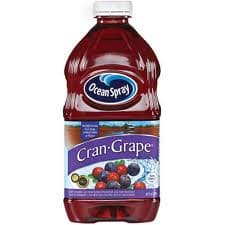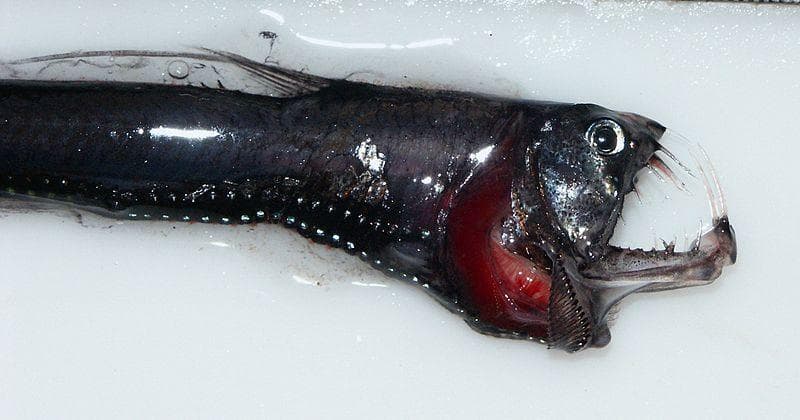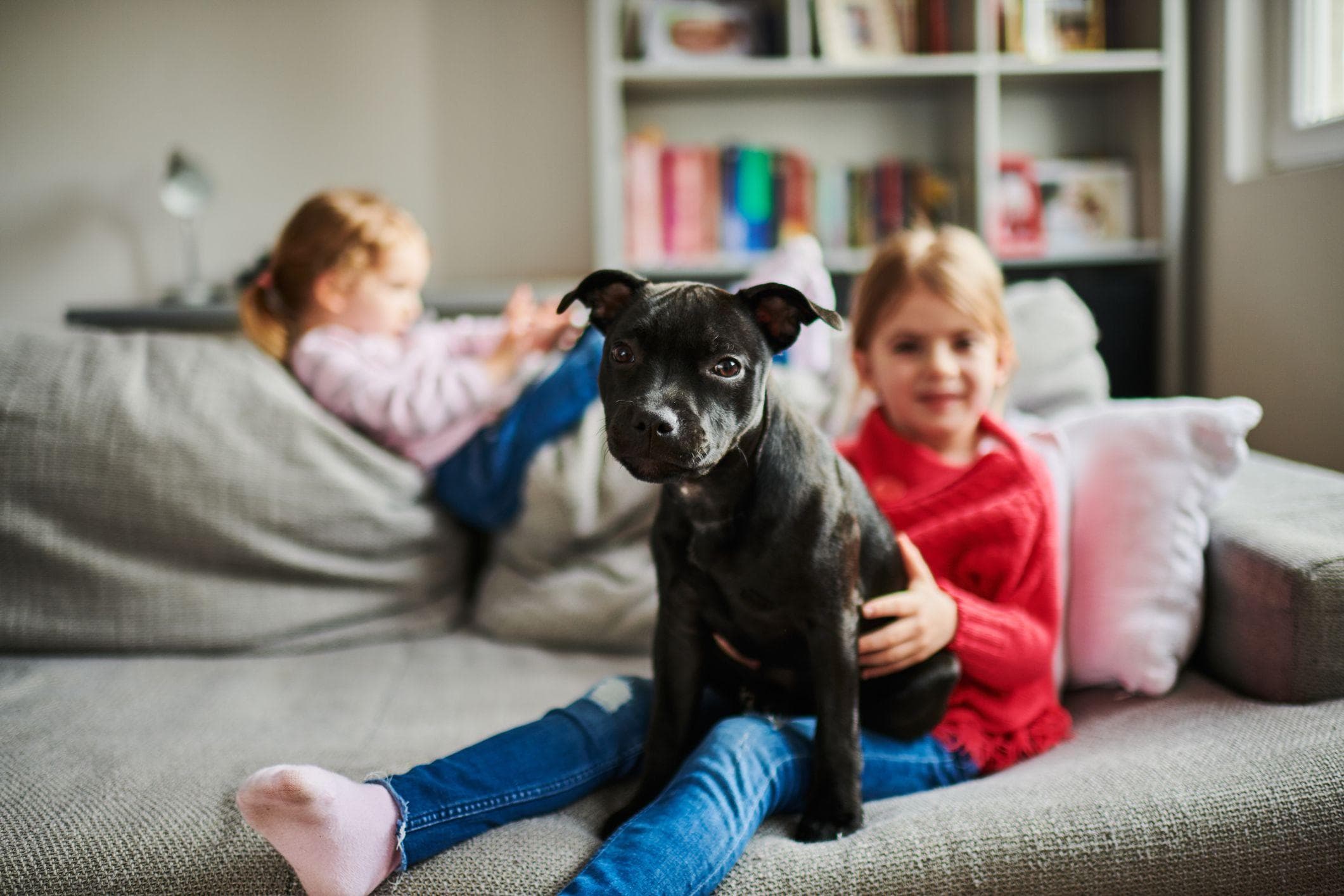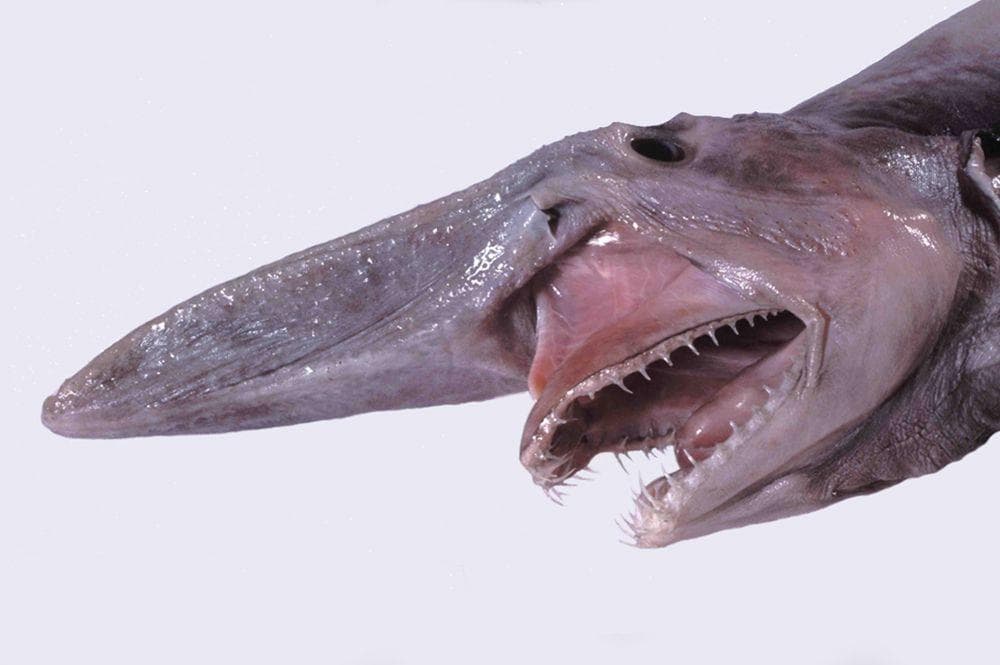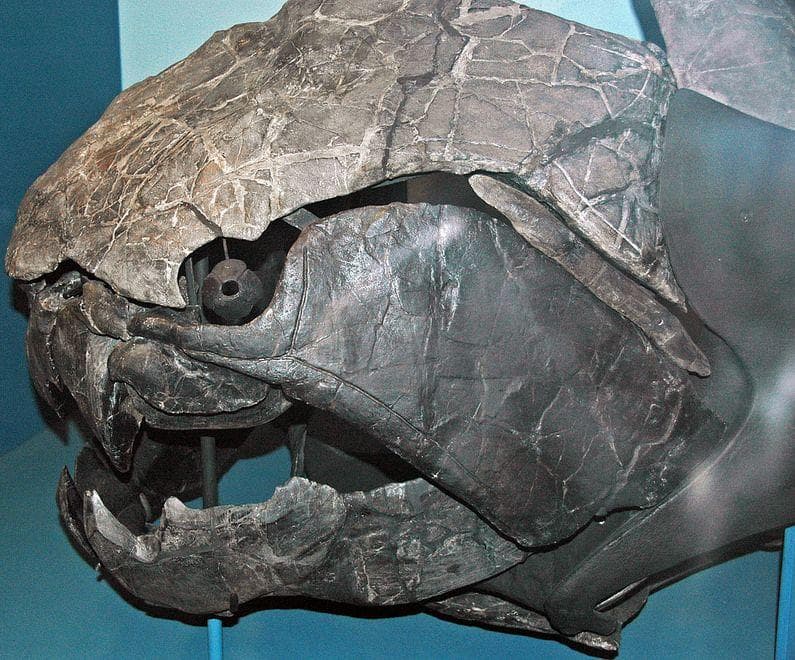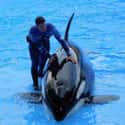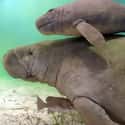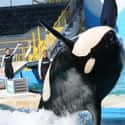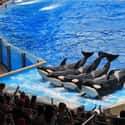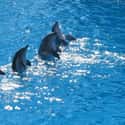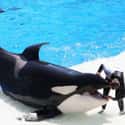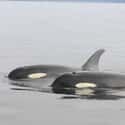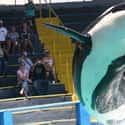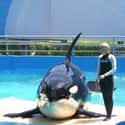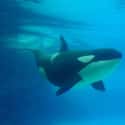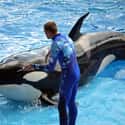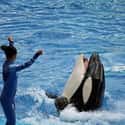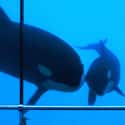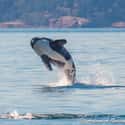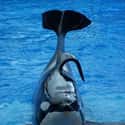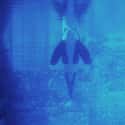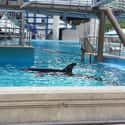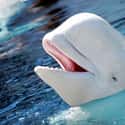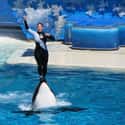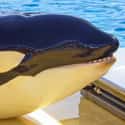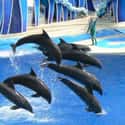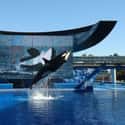-
(#1) After Widespread Criticism, Seaworld Will Stop Breeding Orcas
After years of criticism, protests, and social media outrcy over their orca-breeding program, Seaworld announced they would end the program in March of 2016. Their current group of orcas will mark the last generation in Seaworld's care.
-
(#2) Seaworld’s Good Side: Manatee Edition
Despite the park's bad reputation, SeaWorld still remains the place to be if you are an injured manatee. Staff at SeaWorld work with state, local, and federal agencies to rehabilitate sick and injured manatees before releasing them back into the wild. For visitors, they can also get a glimpse of the rescued manatees on a behind-the-scenes tour.
-
(#3) SeaWorld Has Been Fined For Safety Violations
The US Occupational Health and Safety Agency (OSHA) fined SeaWorld $75,000 following trainer Dawn Brancheau’s death, and is working to prevent trainers from getting into the water with SeaWorld orcas ever again.
-
(#4) Orcas Can Get Bored
Trainers in the know report that orcas exhibit human emotions and traits including boredom. Former SeaWorld trainer, John Hargrove, explains that orcas possess a chamber in their brain that humans lack, one that controls emotion.
-
(#5) Captive Orcas Are Trained Not to Focus On Food
When orcas are in captivity, their trainers condition them to not care about food – they instead get fully fed by the end of the day regardless of any behavior issues.
-
(#6) Unfair Hiring Practices?
If you ever attended a SeaWorld show, how many trainers were people of color? US Department of Labor investigated SeaWorld over concerns of unfair hiring practices. It has been alleged more than 1,000 African American and Hispanic applicants have been turned down for employment.
-
(#7) Don’t Be Fooled By The Dolphins Either
Despite their image as friendly ocean dwellers, dolphins in SeaWorld’s feed/touch tanks have been known to lash out against visitors. In 2012, an eight-year-old girl sustained bite wounds after trying to feed one of the dolphins. Experts say the stress of being away from home causes the mammals distress and leads to their outbursts.
-
(#8) Conditions Are Not Always Safe For Trainers
There have been more than 100 reports of orca aggression at SeaWorld parks, some of which have led to human injuries and even death. In 2006, the California Division of Occupational Safety and Health accurately predicted it was “only a matter of time” until a trainer gets killed, which eventually came to pass with Dawn Brancheau's death in 2010.
-
(#9) SeaWorld's Orca-Breeding Practices Are Not Only Unsettling, They're Now Considered Illegal In Some Places
Male orcas are trained to float on their backs, who are then masturbated by their trainers to collect their sperm. The females don’t have it much better, as they are artificially inseminated and forced to breed at a much younger age than they would in nature. SeaWorld trainers used Tilikum's sperm to impregnate other female whales in captivity, despite many animal advocates who say whales with violent histories should probably not be bred.
In 2015, California banned the breeding of orcas in SeaWorld as a condition of the park's $100 million expansion of the marine mammal tanks in San Diego. Sadly for the whales in SeaWorld parks in other states, the rule only applies to captive orcas in California.
-
(#10) Orcas’ Sunburns Are Covered Up With Black Zinc Oxide
In the wild, orcas spend 95% of their time deep in the ocean which protects them from the glare of the sun. Since the orcas at SeaWorld live in shallow pools with chemical-filled water and can’t hide from the sunlight, they fall prone to sunburns, which are then covered with black zinc oxide to hide the damage done to their skin.
-
(#11) Orcas In Captivity Have Bad Teeth
Many SeaWold orcas grind their teeth out by rubbing them against the steel gates, either due to boredom or to establish dominance. To add insult to injury, their teeth are also drilled out by the staff, without anesthesia, to prevent further degradation of oral health and infections, followed by a flushing solution of Betadine. At the time of Dawn Brancheau's death, Tilikum was receiving this flushing and drilling treatment three times a day.
-
(#12) Orca Diets Are Limited At SeaWorld
In nature, orcas feed off of 30 different species, including fish, sharks, squid, seals, walruses, sea otters, and even birds. In captivity orcas usually only receive dead herring.
-
(#14) Many Trainers Are Not Animal Experts
Contrary to popular belief, trainers are not biologists or animal experts, many with no real education in marine biology. In many cases, their sole purpose is for putting on a show. In fact, OSHA cited SeaWorld San Diego for failing to train their employees and trainers on how to "safely interact with killer whales."
-
(#15) Depression Can Keep Orca Moms From Nursing
Tragic video from the filming of a documentary called Superpod shows an Orca mom at San Diego's SeaWorld ignoring pleas for milk from her calf. According to the marine biologist and former trainer who filmed the video, the Orca's abnormal behavior - floating upright with her belly facing the glass - made it impossible for her young calf to nurse. In essence, the mother was too depressed to care for her child. They also spotted a bruise on the mama whale from where the baby had repeatedly nudged her in an attempt to feed. Later in the video, the mother Orca floated almost motionless near the bottom of the tank - more abnormal behavior for a killer whale. The filmmakers were kicked out of the park for filming the incident.
-
(#16) Orcas That Live In Captivity Have Shorter Life Spans
Orcas normally live between ranges of 30 to 50 years in the wild, although some live even longer spans. The average age of orcas who die in captivity is just nine-years-old.
-
(#17) SeaWorld Kidnaps Orcas From Their Pods
5 of SeaWorld’s orcas are known to have been stolen from their families in the wild, including Tilikum, who was taken from his pod at just two-years-old.
-
(#18) Orcas Die During Efforts To Catch Them
When Shamu, the first orca to appear at SeaWorld, was captured, her mother died in front of her; this kind of incident occurred several times since. To hide the bodies, the hunters cut open the dead whales' stomachs, filled them with rocks, and let them sink to the bottom of the ocean.
-
(#19) Dorsal Fin Collapse Is Not Normal
While floppy orca fins do occur in the wild, it is not considered normal or common despite what SeaWorld would have you believe. Researchers theorize dorsal fin collapse in wild whales may be due to age, stress, or altercations with other killer whales. In captivity, it may be related to several factors, including time spent at the water surface, swimming in the same direction in a relatively small pool. But in the wild, only 5% of orcas have a collapsed fin.
-
(#20) Captive Orcas Fall Victim To Depression
Many dolphins and orcas are on anti-depressants and ulcer medication from the stress of being in captivity. To ease the stress of separating orca parents from their offspring, oftentimes valium will be utilized by trainers.
-
(#21) Cramped Spaces Make For Hostile Animals
In the ocean, dolphins and whales swim up to 100 miles a day. At SeaWorld, they live in pools that are too small to house them. This can be stressful, and cause hostility between the animals, who would otherwise be able to swim away from conflicts in the wild.
-
(#22) SeaWorld And Whale Hunting
In a strange move for a company seemingly dedicated to the well-being of animals, SeaWorld partnered with beluga whale hunters in order to secure sperm samples of the cetacean.
-
(#23) Dawn Brancheau Was Not Tillikum’s First Victim
Tillikum claimed his first victim at Sealand of the Pacific prior to being brought to SeaWorld. SeaWorld wanted a male for breeding and despite his violent history, they brought him in. With two other female orcas, Tilikum held a trainer underwater until they drowned, the first instance of a captive orca killing a human.
Again, in 1999, Tilikum killed another, this time an intruder who had stayed in the park after hours. Despite his violent history, Tilikum still took part in SeaWorld shows.
-
(#24) Chlorinated Water Dries Orca Skin And Eyes
Trainers have noted that captive killer whales routinely secrete mucus from their eyes - an apparent protective mechanism considered “normal” at SeaWorld. Former trainer Hargrove recalled a time where the chlorine in the water got so high the orcas' skin began to peel off and their eyes wouldn't open.
-
(#25) Entertaining Audiences Causes Animal Injuries
In 2008, Sharky, a dolphin at SeaWorld’s Discovery Cove, was fatally injured while performing an aerial trick. He collided mid-air with another dolphin and subsequently died.
-
(#26) SeaWorld Went Undercover To Spy On PETA
In 2016, SeaWorld admitted their employees posed as animal rights activists in order to spy on PETA before and during protests against the parks. The acknowledgement came after PETA specifically accused San Diego worker Paul McComb of spying on them in 2015. SeaWorld CEO Joel Manby admitted it happened and vowed to end the practice.
PETA responded with the following statement: "SeaWorld's latest report confirms not only that the company has employed more than one spy to infiltrate and agitate at PETA but also that it values its spies more highly than the executives who have had their heads chopped off in droves, as at least one of the spies is still working at the company."
New Random Displays Display All By Ranking
About This Tool
September 27th is World Ocean Day. There are more than 90 seas and 4 oceans on our planet. The interesting thing is that the exact number of seas has not yet been determined. The secrets of the Seaworld are still hot topics that people talk about in daily life. For example, what unknown creatures are hidden in the ocean? Is there gold under the sea?
We all know that the condition of the Seaworld is related to the life of human beings and the health of the earth, and human behavior has a significant impact on the ocean. It is necessary to learn about some things about our Seaworld. The generator shares some useful things here.
Our data comes from Ranker, If you want to participate in the ranking of items displayed on this page, please click here.


